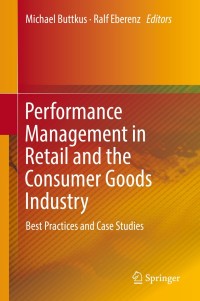Question
(a) Someone offers you a security which pays $n at the end of the nth year until forever (i.e., it pays $1 at the end
(a) Someone offers you a security which pays $n at the end of the nth year until forever (i.e., it pays $1 at the end of the first year, $2 at the end of the second year, and so on). If the annually compounded interest rate is10% per year, what is the fair price of such security?
(b) (Rule of 69) People in the banks have a quick way of finding outhow long it takes to double your money. The trick is to divide 69 by the continuously compounded interest rate (in percentage). For example,if the continuously compounded interest rate is 10% per year, then you know it takes 69/10 = 6.9 years to double your money. Why 69? Can you figure out a similar rule to find out the number of years it takes to triple your money? [Note: Continuous compounding means that thecompounding limit is; that is, if one dollar invested at interest rater, continuously compounded, then one year later the balance becomes er= limm(1 +r/m)m.]
(c) You just signed a 30-year lease agreement for a business property. The monthly rent for the first year is $1,000/month, with the first monthly rent due today. Starting from the second year on ward, the monthly rent will be increased by 10%/year (i.e., the monthly rent for the second year will be $1,100, the monthly rent for the third year will be $1,000(1.10)2= $1,210,1 and so on). Assuming the annually compounded interest rate is 15%/year, what is the present value of the 360 rental payments.
Step by Step Solution
There are 3 Steps involved in it
Step: 1

Get Instant Access to Expert-Tailored Solutions
See step-by-step solutions with expert insights and AI powered tools for academic success
Step: 2

Step: 3

Ace Your Homework with AI
Get the answers you need in no time with our AI-driven, step-by-step assistance
Get Started


